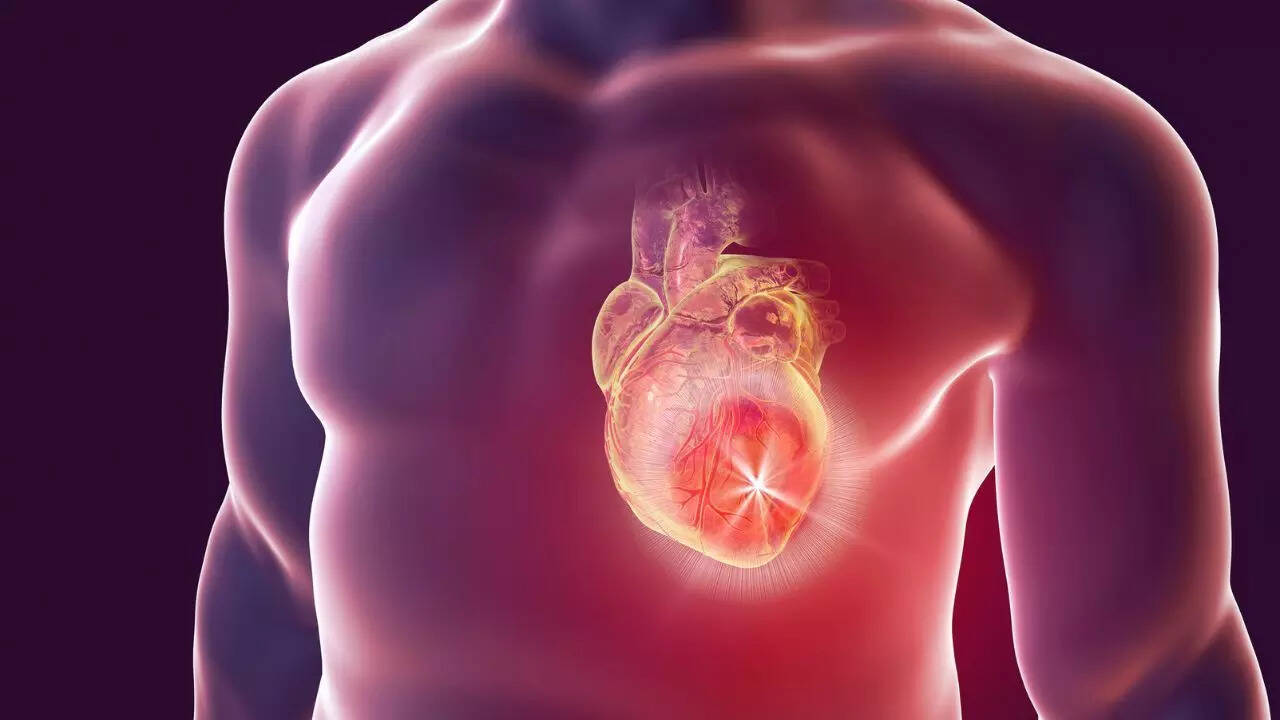Heart attacks no longer the leading cause of heart disease-related deaths in US: 4 reasons why |

A recent study has revealed that heart attacks are no longer the leading cause of heart disease-related deaths in the United States. Published in the Journal of the American Heart Association, the study shows that heart attacks, or acute myocardial infarctions as they are known in the medical field, have reduced by 89% from 1970 to 2022.While heart attack-related deaths have lowered in number, fatalities from other heart disease subtypes remain the leading cause of death among Americans. “The inference is that more and more heart attacks are survivable now as compared to 55 years ago,” US cardiologist Dr. Jayne Morgan told Healthline. Here are 4 reasons why heart attack deaths are on the decline:
Advancements in life-saving procedures

The study notes that although the occurrence of heart attacks among the US population has not declined, the number of deaths from heart attacks has reduced. The survival rate for heart attacks has increased from 60% in 1970 to 90% in 2025. A key reason behind this is the advancement of life-saving medication, procedures, and devices.
Lifestyle choices affecting heart health

Lifestyle choices such as smoking, consuming ultra-processed and high-cholesterol food, insufficient physical activity, diabetes, hypertension and a sedentary lifestyle increase the risk of heart attacks. The decline in heart attack fatality rates suggests that overall lifestyle choices have improved in the past decades, reducing the risk of vulnerability to heart attacks.
Deaths from non-fatal heart attacks

Non-fatal heart attacks cause damage to the heart’s muscles and increase a person’s vulnerability to long-term chronic heart diseases. Depending on the severity and duration of the non-fatal heart attack, the weakened heart muscles become susceptible to irregular heartbeat and heart failure.
Increase in arrhythmia-related deaths

Arrhythmias are a group of disorders where a person’s heart rate becomes abnormal. A slower or faster heart rate can weaken the heart’s ability to maintain blood flow and affect other vital organs like the brain and lungs. Studies have found a drastic increase in arrhythmia-related deaths in the past decades, overtaking the rate of heart attack fatalities. Some ways to improve your heart health are ensuring a healthy amount of sleep, avoiding smoking and consuming ultra-processed foods, maintaining blood sugar levels, reducing cholesterol intake, and exercising routinely.
Disclaimer
Please note: The information provided in this article is for general informational purposes only and does not constitute medical advice. Always seek the advice of a qualified health provider.





